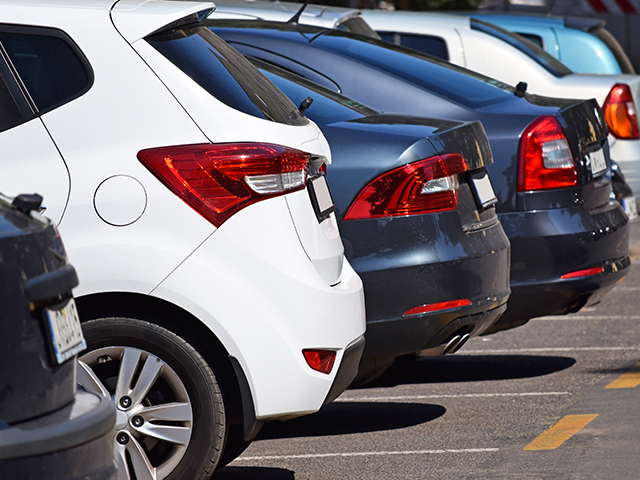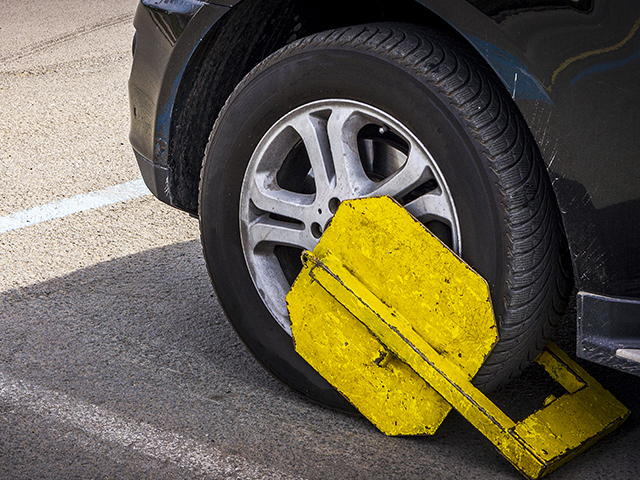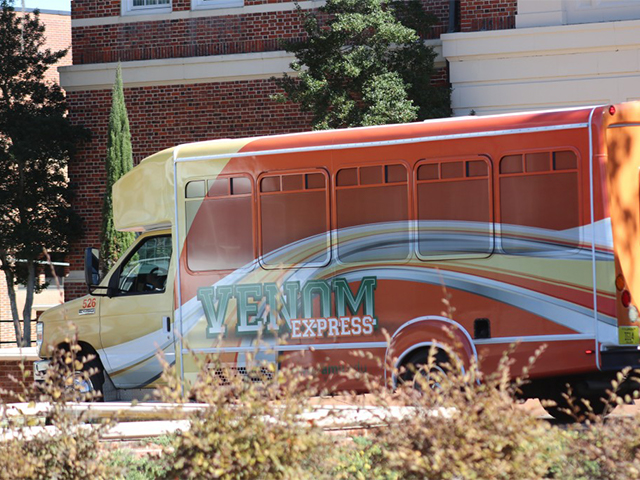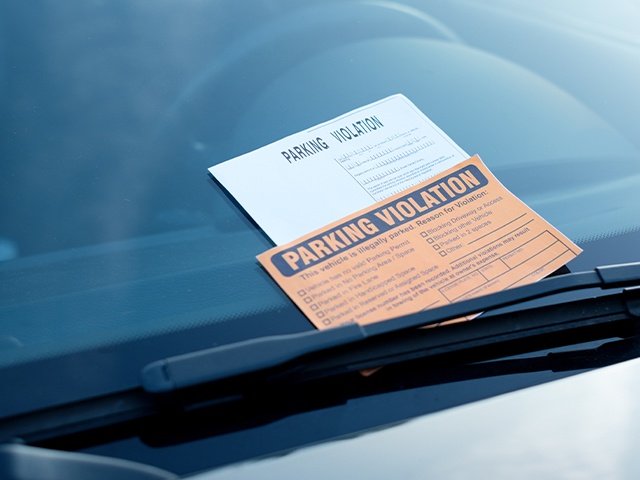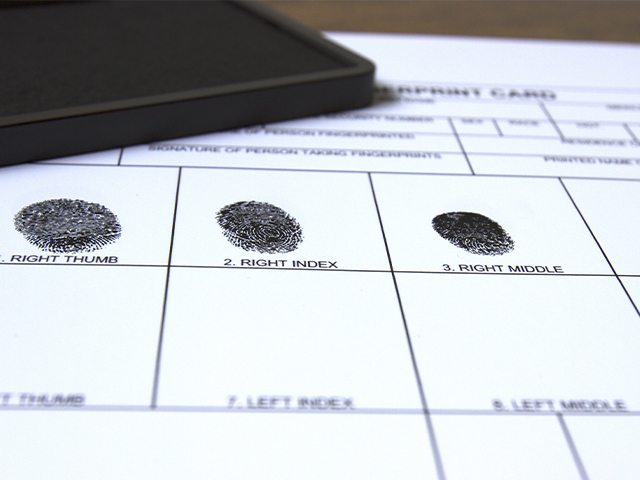Office of Parking & Transportation
How And Where To Park on FAMU's Campus
Here you can find the appropriate campus parking lots, as well as how to avoid unnecessary fines and charges.
Parking is enforced twenty-four (24) hours a day, seven (7) days per week. Violations may result in your vehicle being immobilized or towed. Except during our major sporting events, there are always available parking spaces on the campus.
Whether you are a student, faculty, or staff, everyone needs to register their vehicle to park on campus.

More Information
Our three 25-passenger shuttle buses provide a safe and convenient mode of transportation for FAMU students
Traffic rules, regulations, and directive signs governing the use of motor vehicles are in effect twenty-four (24) hours a day, seven (7) days per week
Fingerprinting may be required as a condition of employment for some University employees appointed in areas such as law enforcement, childcare, and money handling personnel.
Other Forms and FAQs
Q. Do you have any tips for parking on campus?
A. Parking in the center of campus fills up quickly. Parking is most available in the parking garage and parking lots on the perimeter of campus.
Q. How can I contact Parking Services?
A. Parking Services can be contacted by calling (850) 412-5615 or (850) 561-2627. If
you have questions, you can also email Parking Services at parkingservices@famu.edu
Q. How do I know where to park with a valid permit?
A. At the entrance to the parking garage and parking lots, there are signs posted with lot designations and/or acceptable permits.
Q. Can freshman residents obtain a decal to park on campus?
A. No.
Q. What are the reasons for a vehicle to get booted?
A. The vehicle has three (3) or more unpaid citations; citations owed $100.00 or more; parked on the grass; or parked in a reserved space.
Q. What is the boot fee?
A. $75.00
Q. My car was booted, now what?
A. The boot fee and all owed citations must be paid at our office. Boot will be removed after payment is received. If a boot is removed by someone other than a FAMU Police Service Technician or FAMU Police Officer, a charge of $550.00 (undamaged boot) or $950.00 (damaged boot) will be fined.
Q. What are the reasons for a vehicle to be towed?
A. The vehicle was obstructing traffic; parking in a reserved space; or vehicle is abandoned.
Q. My car was towed, now what?
A. A tow release form will need to be completed in our office along with paying ALL citations owed. Once payment and form is received, vehicle will be released. The additional tow fee is determined by the tow company.
Q. Where can visitors park on campus?
A. All visitors will need to obtain a visitor’s permit to park on campus. A permit can be obtained in person at the Office of Parking and Transportation located at 2400 Wahnish Way, or at The FAMU Parking Services Online Vehicle Registration
Visitors are welcome to park in all parking lots designated as “General Parking” with the purchase of a visitor's pass. Visitors may also park in any metered spot available (meters must be paid). All visitor passes are $5.00 per day.
Q. Where is disabled parking on campus?
A. At Florida A&M University, we strive to ensure our campus is accessible. Our campus has many disabled parking spaces to ensure that persons with disabilities have access to their destinations.
Q. What is the Transportation Access Fee applied to?
A. The transportation access fee of $65.00 for Fall/Spring Semester and $33.00 for Summer Semester provides parking permits, the Venom Express bus system, and parking lot and garage maintenance and upkeep.
Q. What hours are Traffic & Transportation Regulations enforced on campus?
A. Traffic & Transportation Regulations are enforced 24 hours a day by Parking Services and the FAMU Police Department.
Q. Where can I obtain a copy of the Traffic & Transportation Regulations?
A.Traffic & Transportation Regulations can be obtained by visiting the university website (Traffic & Transportation Regulations right click here). Traffic & Transportation Regulations booklet can also be obtained at the Parking Services located at 2400 Wahnish Way.
Q. When and how is student vehicle registration conducted?
A. Student registration begins each year in July and continues through the entire year. Student vehicle registration is conducted online through the FAMU Parking Services Online Vehicle Registration portal. Students will sign on using their iRattler credentials and proceed with registration.**First-time student registrants, please email Parkingservices@famu.edu to receive access to the portal.
Q. What are Virtual Permits?
A.Virtual Permits use your license plate information and a connected database to identify your vehicle rather than a traditional affixed decal or hang tag permit. Similar to the traditional parking permit registration: Students, Faculty, and Staff must enter information such as vehicle details (license plate number, make/model, color, etc.), home addresses, e-mails, and phone numbers online.
Q. How will my license plate information be used?
A. The license plate information collected in this process will only be referenced against the campus database for the strict purposes of verifying FAMU parking permits on campus.
Q. How long is my information kept?
A. License plate information entered in our system during the registration process will be kept permanently, as it is today.
Q. What is LPR?
A. License Plate Recognition (LPR) is the most current parking technology available that provides virtual permits through a vehicle’s license plate number in place of a paper permit.
Q. How does LPR work?
A. Individuals will register their vehicle license plate number into the parking software when purchasing a permit. The software generates a virtual permit assigned to that vehicle's license plate.
A. The rear license plate is captured by cameras mounted on enforcement vehicles during patrol. LPR works like a supermarket scanner by using your license plate in place of a barcode. When read, your license plate is automatically referenced against our database to verify the vehicle has purchased a virtual permit for this location. If the license plate and vehicle information are not associated with a valid virtual permit, or if the vehicle is linked to a virtual permit for a different location than the vehicle is currently parked (employee, student/general, etc.), then the vehicle will be subject to citation.
Q. How does LPR benefit me?
A. Elimination of physical permits to display, and the need to move permits from vehicle to vehicle. Lost or stolen permits and the associated replacement fees, police reports, and processing will be eliminated. You will not have to worry about remembering your permit, a permit falling off your rear-view mirror, or permits being displayed improperly. Reduced paper, plastic, envelopes, and ink used in permit production and distribution.






